This week the New Zealand Council of Trade Unions Te Kauae Kaimahi launched an exciting new three-year project, Reimagining Aotearoa Together.
The project, which will bring together the union movement and progressive communities to develop and implement an alternative vision for the future, is a response to the continued failure of government to deal with the inequality and unfairness at heart of Aotearoa New Zealand’s society and economy.
We are making it our mission to look beyond the narrow confines of the policy straight jacket adopted by successive governments over the past four decades.
We know that if we continue down the same path, we will get more of the same problems.
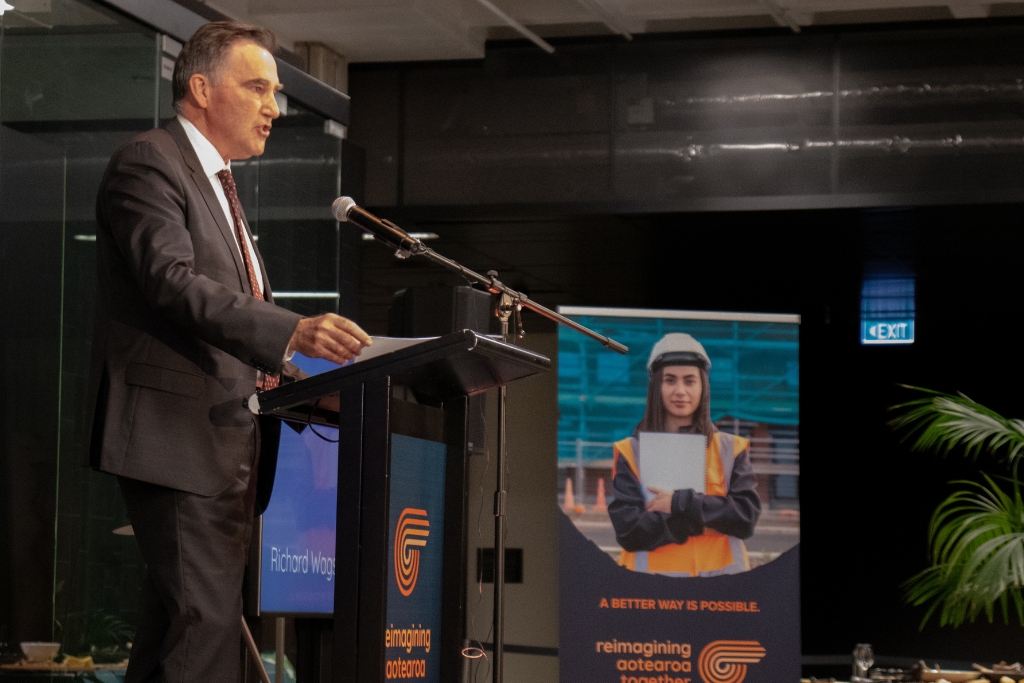
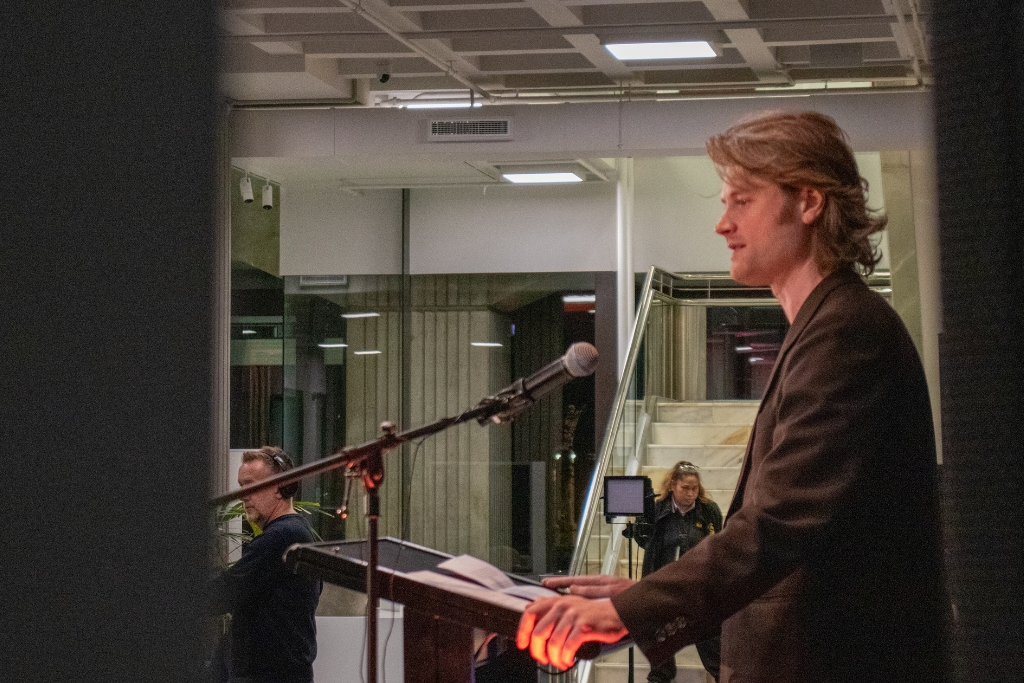
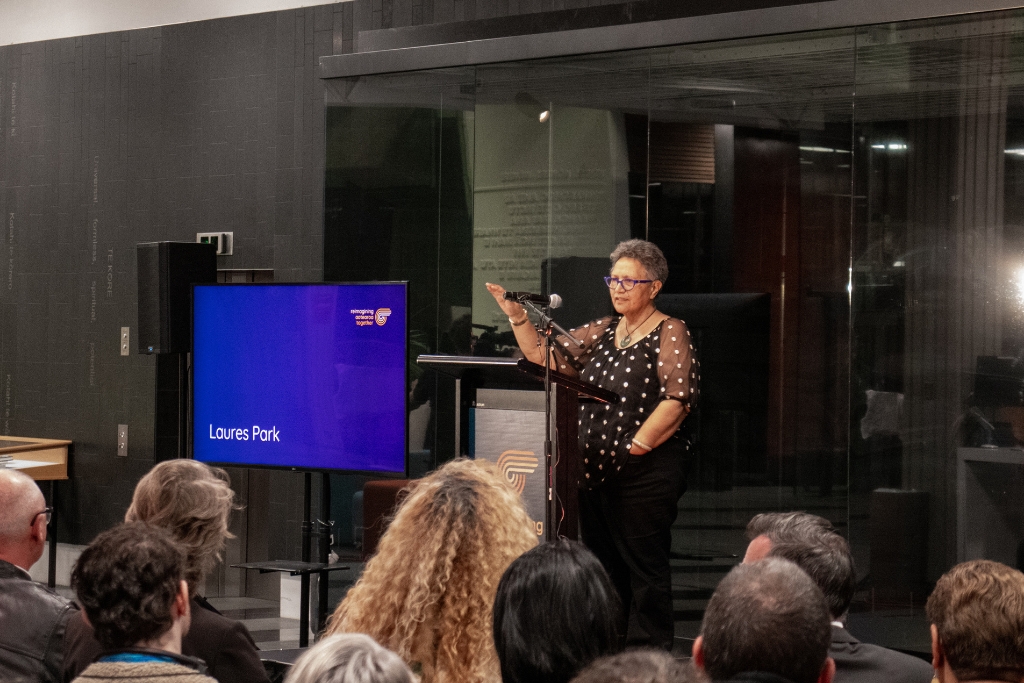
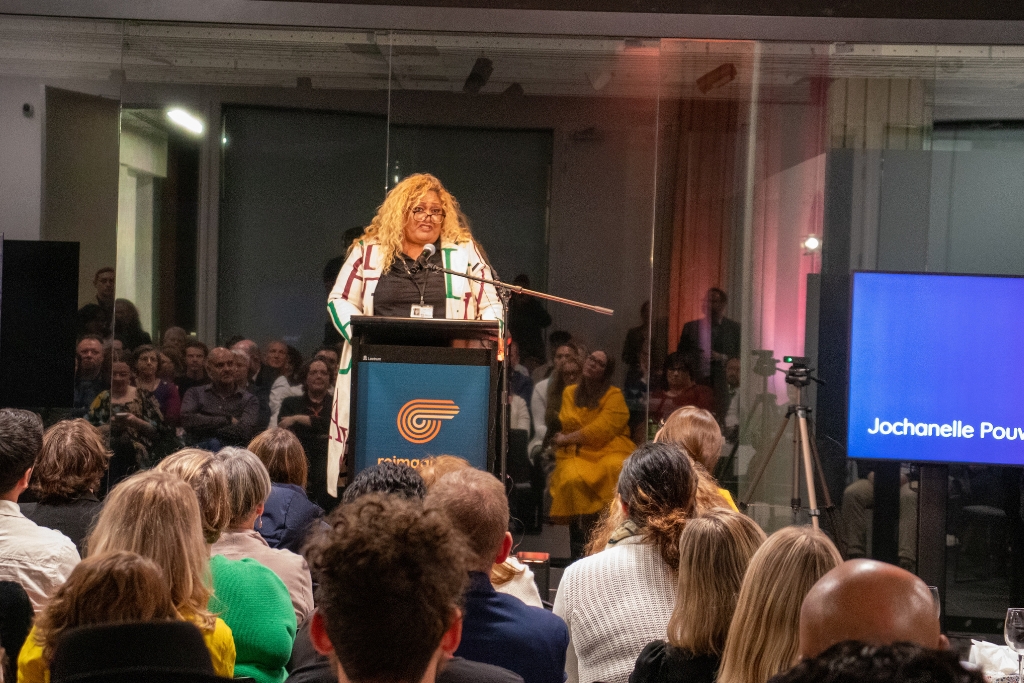
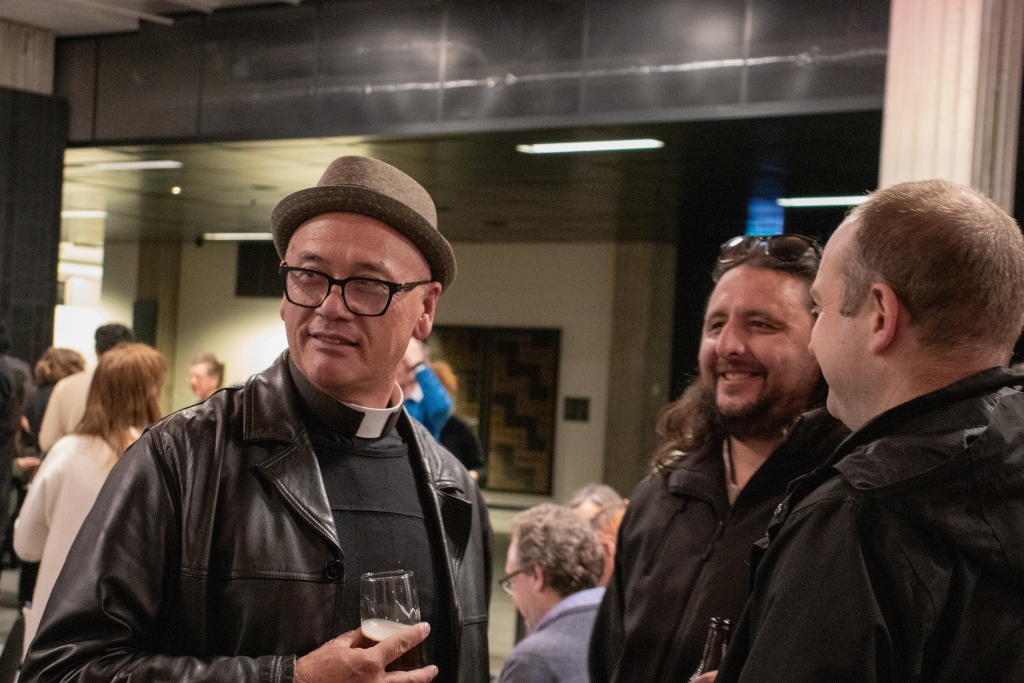
Working people are expected to bear the brunt of a broken economy that has low wages, persistent unemployment and insecure work built in, with workers’ rights getting chipped away, year after year.
Māori are still treated as second-class citizens on their own land, face systemic racism and economic disadvantage, and their rights and interests under Te Tiriti o Waitangi are being stripped away.
We have failing infrastructure that has been underinvested in for decades and a chronic shortage of quality and affordable housing. The tax burden is on working people, rather than the wealthy. We have entrenched poverty and increasingly underfunded public services.
Aotearoa is deeply unequal, and many groups of people face enduring, systemic barriers to living well. Growing wealth inequality is helping only the very few at the top. Unemployed and disabled people are denied respect and good incomes.
People are sick and tired of what seems like an endless cycle of failure to meet these challenges. It’s like being stuck on a revolving conveyer belt with no off ramp.
But a better way is possible. The future is not preordained. It will be determined by the choices we make now.
Now is the time to put a stake in the ground and decide that we are going to do things differently. We must set out an alternative path to secure a vibrant, aspirational future that works for the many, not the few.
Working people expect that as a nation, we are meant to be heading in a direction where we can all thrive and create a better place – a better place to live, to work, and to raise a family.
We can transform the lives of working people by returning to our values such as fairness and equality and the idea that everyone deserves good work – work that is well-paid, safe and secure, and contributes to a meaningful and fulfilling life.
We must ensure that no one is left behind and that all communities are free from discrimination, paid fairly and have good incomes.
For too long, there has been a failure to reimagine the fundamentals of our economy. The economy is a tool that should be designed to work for us, not the other way around.
We face an increasingly volatile future, with a rapidly changing climate, an array of new technologies set to disrupt the workforce, and global instability. It’s never been more important that we create a resilient, high wage, high skill, and low-emissions economy.
That’s why we at the CTU are starting to chart that course. We want to make sure that the voices of working New Zealanders are heard over the next few years and that working people are at the centre of reimagining Aotearoa.
We will be working alongside unions, NGOs, community organisations and interested New Zealanders to develop transformative policies that get to the heart of the change that is so desperately needed.
Successive governments have failed to tackle the generational crises that confront us, from inequality, to climate change, and the future of work.
That’s why it’s time we stepped up and set out a comprehensive vision for change that can’t be ignored by those in power.
A vision for the future of Aotearoa that works for the many and not the few.
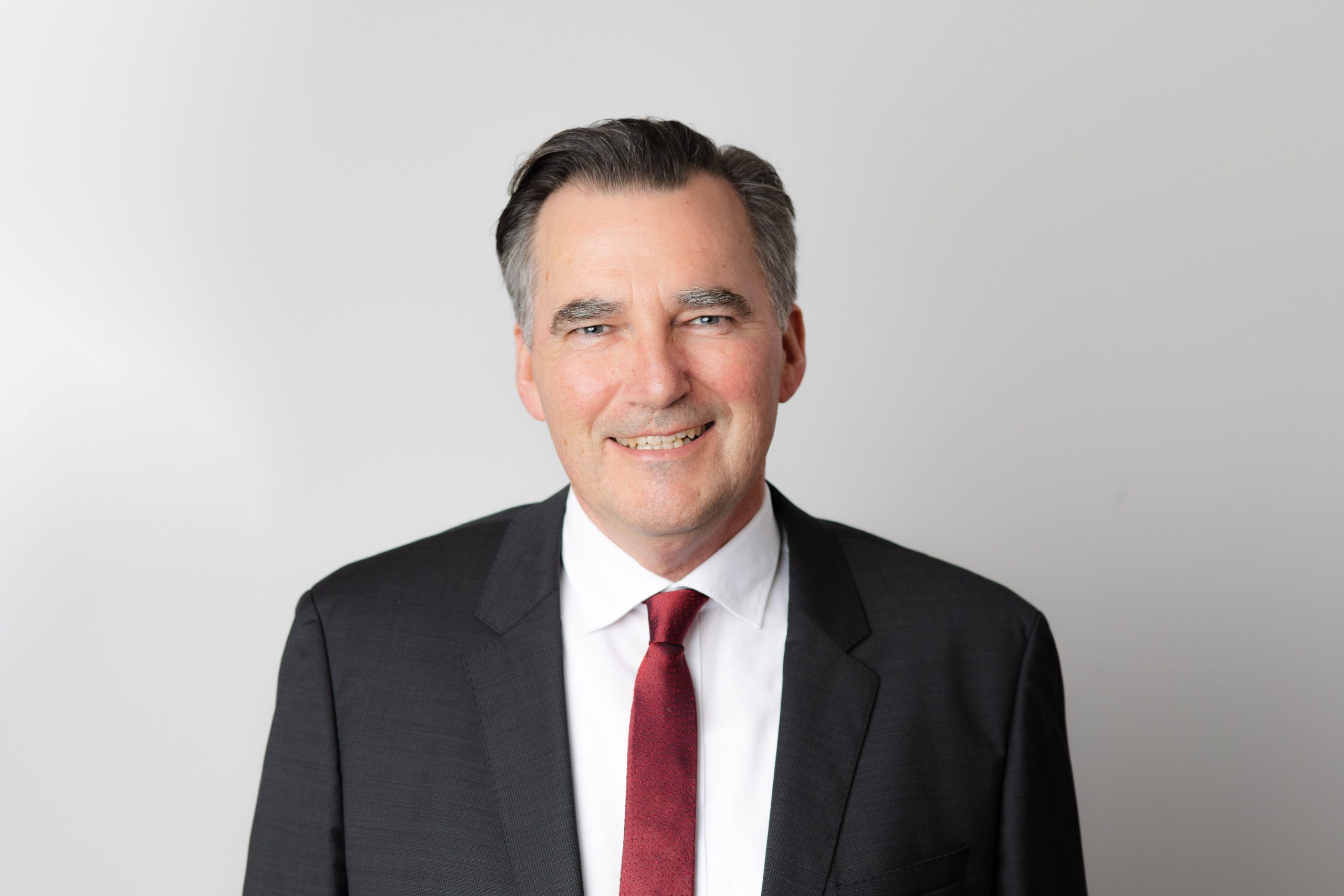
Richard Wagstaff
President NZCTU Te Kauae Kaimahi
Richard Wagstaff was elected NZCTU President in 2015. He was previously NZCTU Vice President and National Secretary of the NZ Public Service Association.
Richard is currently a member of the ILO Governing Body. He is also a co-chair of the New Zealand Tripartite Future of Work Group.
Richard began working as a full-time paid union official in 1988 as a researcher. Later he became an organiser, working in Auckland in the health and disability sectors. In 1997 Richard was appointed as PSA National Operations manager, responsible for PSA members throughout the country in the health and community sectors. He then took up the position as a National Secretary of the PSA in 2000 which he held until becoming CTU President in 2015.
